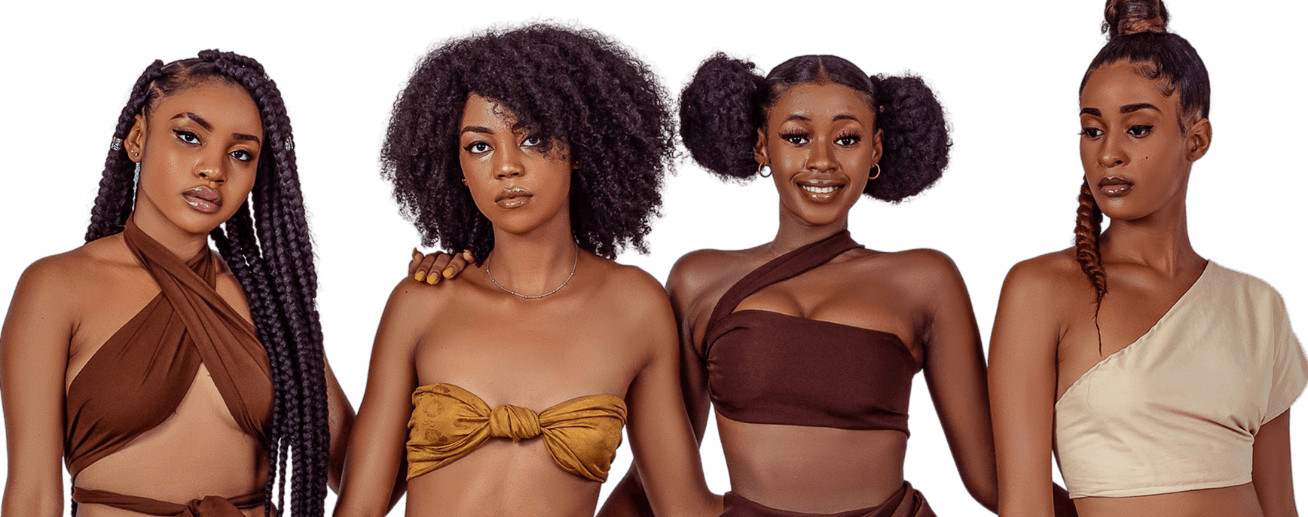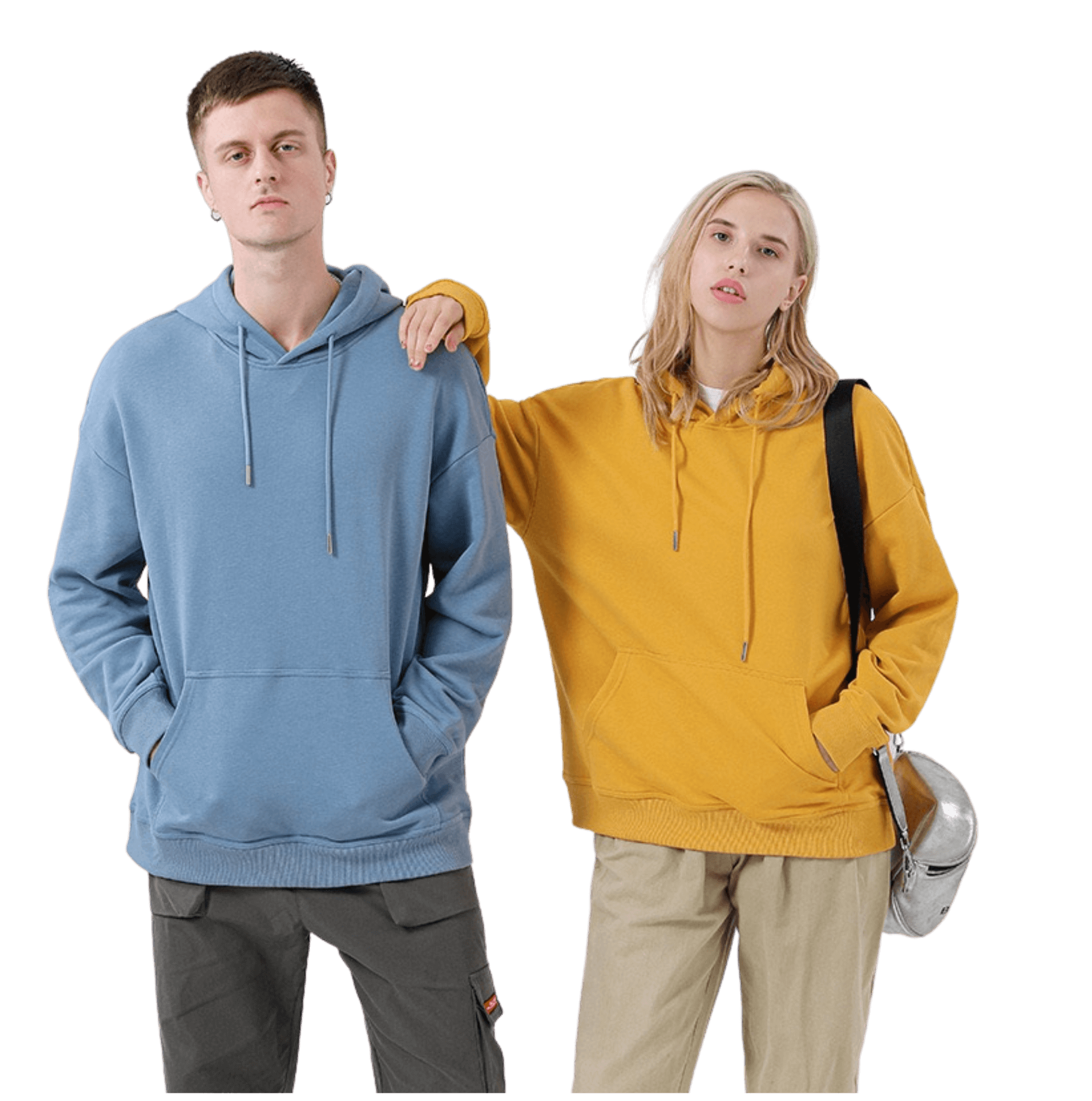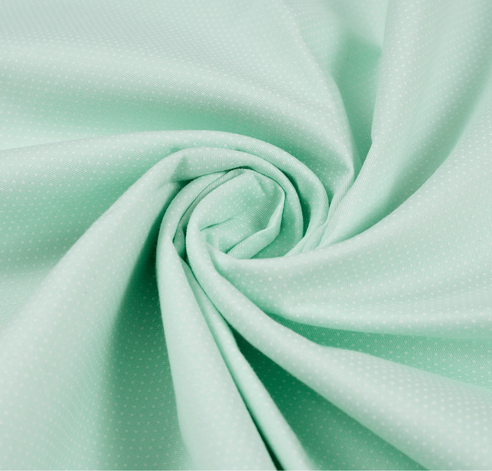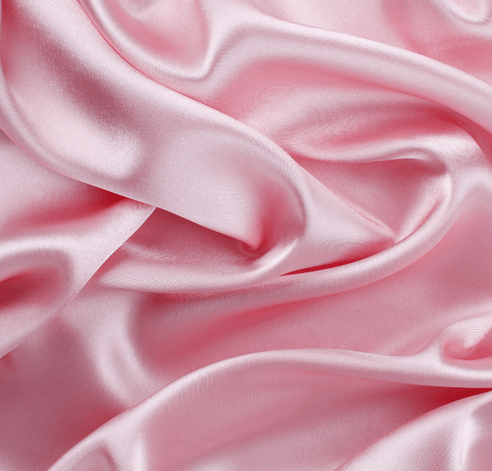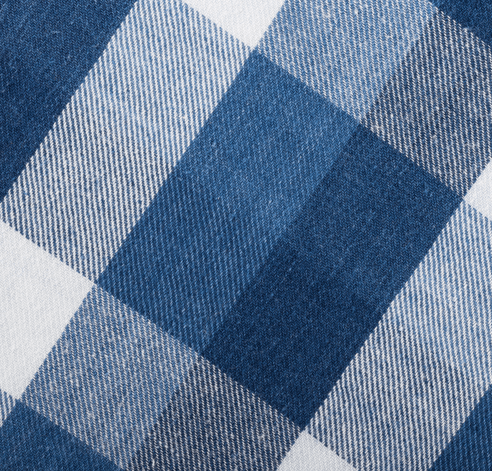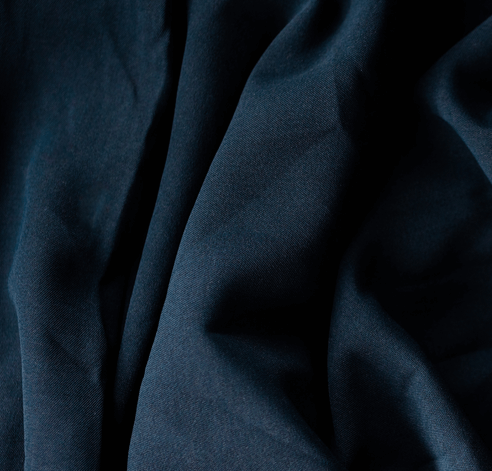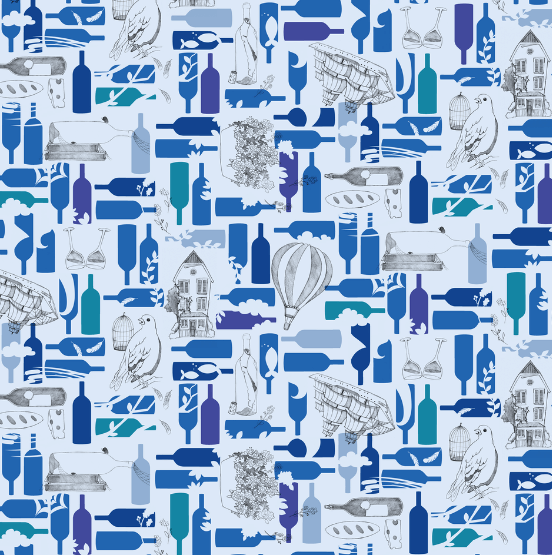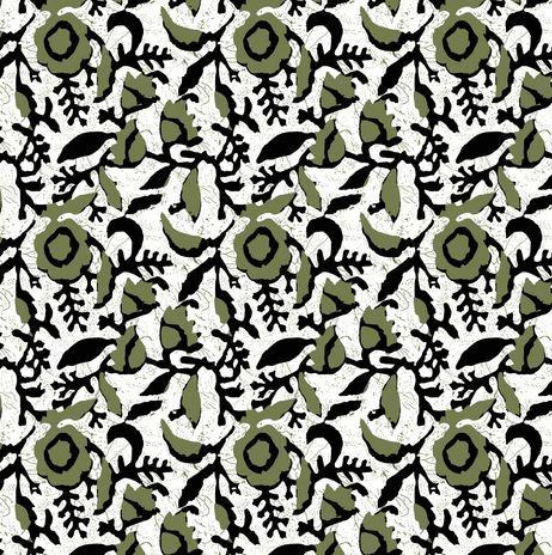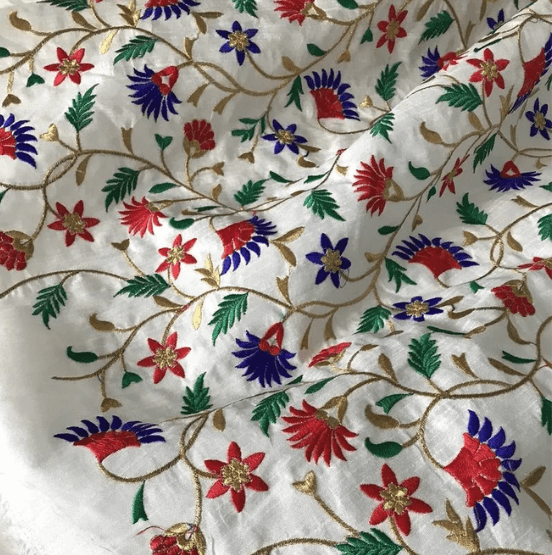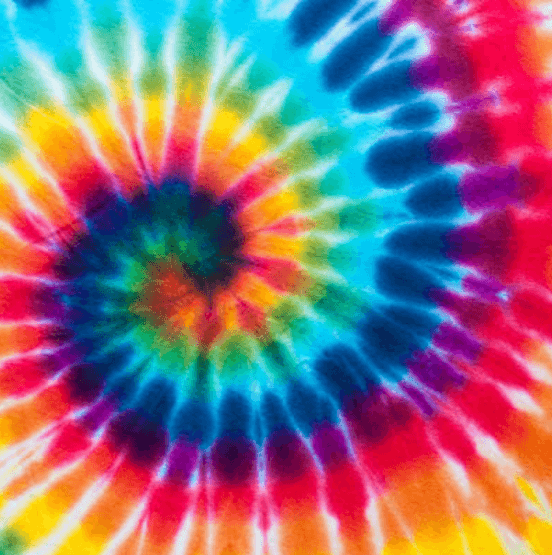1. What Is Fair Trade Clothing?
Fair trade clothing is a type of apparel that is made according to fair trade principles.
This means that the workers who make the clothing are treated fairly and compensated adequately and that the materials used are environmentally sustainable.
There are several fair trade clothing manufacturers around the world, and many of them specialize in eco-friendly clothing. In order to be certified as fair trade, a company must adhere to certain standards set by fair trade organizations.
Fair trade clothing is often more expensive than clothing that is not made under fair trade conditions. This is because it costs more to produce fair trade clothing in a way that meets all of the necessary standards. However, many people feel that the extra cost is worth it, knowing that the workers who made their clothes were treated fairly.
2. The Importance of Fair Trade in the Fashion Industry
There are many reasons why fair trade clothing is important, but here are just a few of the most important ones:
Reduce Poverty
|
When people buy fair trade clothing, they are directly helping to reduce poverty. The fair trade movement ensures that workers in developing countries are paid a fair wage for their work. This allows them to support themselves and their families, and escape the cycle of poverty. |
Protect the Environment
|
Fair trade clothing is also good for the environment. Many fair trade clothing manufacturers use sustainable practices, such as using organic cotton or recycled materials. This helps to reduce the negative impact of fashion on the environment. |
Improve Working Conditions
|
Fair trade clothing also helps to improve working conditions for workers in developing countries. The fair trade movement sets standards for things like working hours, health and safety, and freedom of association. This helps to ensure that workers are treated fairly and have decent working conditions. |
These are just a few of the reasons why fair trade clothing is so important. When people buy fair trade clothing, they are not only supporting workers and protecting the environment, but they are also helping to build a better world.
3. How Are Fair Trade Practices Monitored and Enforced?
There are a number of ways fair trade practices are monitored and enforced. Here are some of the most common methods:
Certification
One of the most common ways fair trade practices are monitored is through certification. There are a number of fair trade certification organizations, such as Fairtrade International and the Fair Trade Federation.
To become certified, companies must meet certain standards related to fair wages, working conditions, and environmental sustainability.
Inspections
Another way fair trade practices are monitored is through regular inspections. These inspections are usually carried out by fair trade certification organizations or independent auditors. During an inspection, a company’s facilities and operations are closely examined to ensure they meet fair trade standards.
Complaints
Fair trade practices can also be monitored and enforced through complaints. If a workers’ rights violation or other fair trade issue is reported, an investigation will be launched. If the complaint is found to be valid, the company will be required to take corrective action.
Monitoring and enforcement of fair trade practices are important to ensure that companies are complying with fair trade standards. By using these methods, fair trade certification organizations and other bodies can help to create a level playing field for workers and producers around the world.
4. Types of Fabrics Used in Fair Trade Clothing
There are a number of different fabrics that can be used in fair trade clothing. Here are some of the most common ones:
Organic Cotton
Organic cotton is one of the most popular fabrics used in fair trade clothing. It is made from cotton that has been grown without the use of harmful pesticides or chemicals. Organic cotton is a sustainable fabric that is gentle on the environment.
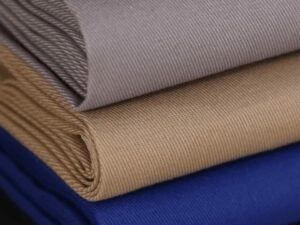
Recycled Fabric
Recycled fabric is another popular choice for fair trade clothing. It is made from recycled materials, such as post-consumer waste or industrial scraps. The recycling fabric helps to reduce pollution and conserve resources.
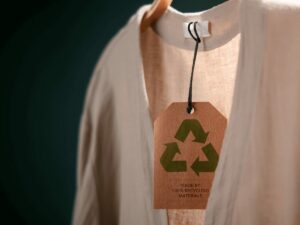
Hemp
Hemp is a durable and sustainable fabric that has a number of benefits. It is grown without the use of pesticides or chemicals, and it requires very little water to produce. Hemp is also one of the most breathable fabrics, making it a comfortable choice for fair trade clothing.
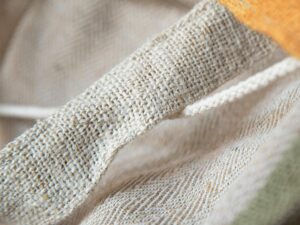
Linen
Linen is a natural fabric made from the flax plant. It is a sustainable choice that is biodegradable and recyclable. Linen is a strong fabric that gets softer with each wash.
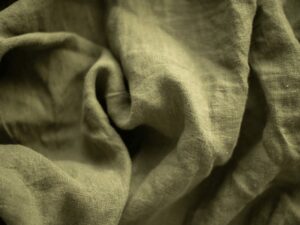
Organic Bamboo
Organic bamboo is a sustainable fabric that is soft, breathable, and hypoallergenic. It is an eco-friendly choice for fair trade clothing.
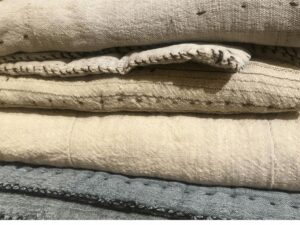
Econyl
Econyl is a recycled nylon fabric that is made from post-consumer waste, such as fishing nets and industrial scraps. It is a durable and sustainable choice for fair trade clothing.
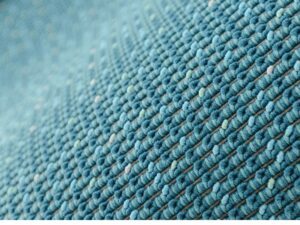
Cork
Cork is a sustainable fabric that is made from the bark of the cork oak tree. It is a natural, eco-friendly choice for fair trade clothing. Cork is also water-resistant, making it a good choice for fair trade rainwear.
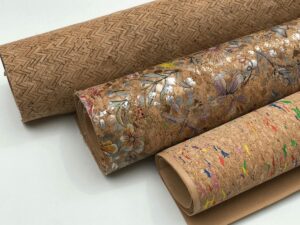
These are just a few of the many different fabrics that can be used in fair trade clothing. When choosing fabrics for your fair trade clothing, it is important to consider the environmental impact of the fabric. Choose sustainable fabrics that are gentle on the environment and will help you reduce your carbon footprint.
5. 4 Tips To Design Clothes That Are Both Stylish and Fair Trade Certified
As the fair trade movement continues to grow, more and more companies are beginning to offer fair trade clothing options. However, fair trade clothing can sometimes be difficult to find.
Here are 5 tips to help you design clothes that are both stylish and fair trade certified:
#1 Do Your Research
The first step to designing fair trade clothes is to do your research. Find out which clothing manufacturer offers fair trade clothing options and familiarize yourself with the different fair trade standards. This will help you to make sure that the clothes you design are truly fair trade certified.
#2 Choose Sustainable Fabrics
When choosing fabrics for your fair trade clothing, it is important to consider the environmental impact of the fabric. Choose sustainable fabrics that are gentle on the environment and will help you reduce your carbon footprint.
Some great sustainable fabrics to use for fair trade clothing include organic cotton, recycled fabric, hemp, linen, and bamboo.
#3 Consider the Entire Supply Chain
When designing fair trade clothes, it is important to consider the entire supply chain. Fair trade standards cover a wide range of issues, from working conditions to environmental impact. Make sure that all aspects of the clothing you design meet fair trade standards.
#4 Be Creative
The best fair trade clothing is stylish, unique, and well-made. Use your creativity to design fair trade clothes that will stand out from the crowd.
These are just a few tips to help you design fair trade clothing that is both stylish and sustainable. By following these tips, you can create fair trade clothes that you can be proud of.
6. How To Start Your Own Fair Trade Clothing Line
The fair trade movement is growing, and more people are interested in buying fair trade clothing. If you’re interested in starting your own fair trade clothing line, here are the steps you need to take:
Step#1 Choose a Niche Market
When starting a new business, it’s important to choose a niche market that you can target. When it comes to clothing, this could mean targeting a specific demographic, such as young women or baby boomers.
It could also mean focusing on a specific type of clothing, such as fair trade clothing or eco-friendly clothing.
Step#2 Create a Business Plan
A business plan is essential for any new business. This document will outline your business goals, strategies, and how you plan to achieve them. It’s also important to include a budget and forecast for your first few years in business.
Step#3 Source Fair Trade Clothing Manufacturers
Once you have your business plan in place, you need to start sourcing fair trade clothing manufacturers. There are a number of fair trade certification organizations out there, so do your research and make sure the manufacturer you choose is certified.
Step#4 Design Your Collection
Now it’s time to start designing your collection! Make sure each piece is unique and reflects your brand’s identity. You may want to work with a graphic designer or fashion stylist to help with this process.
Step#5 Market Your Collection
Once your collection is complete, it’s time to start marketing it! Use social media, online directories, and print media to get the word out about your new line of fair trade clothing.
These are just a few tips to help you get started with your own fair trade clothing line. Do some research and talk to other fair trade clothing manufacturers to learn more. With a little planning and effort, you can be on your way to starting a successful fair trade clothing business.
If you’re keen to learn more about fair trade clothing, or if you’re in search of fair trade apparel manufacturers, don’t hesitate to get in touch with us at Hongyu Apparel. With more than 20 years of experience in offering high-quality clothing products at competitive prices, we’re eager to assist you in finding the ideal fair trade clothing to meet your requirements.
7. How To Price Your Clothing Products
When pricing your clothing products, there are some factors you need to take into account. Here are a few tips to help you price your fair trade clothing products:
Materials
One of the most important factors to consider when pricing your fair trade clothing is the cost of materials. Make sure you factor in the cost of sustainable fabrics, trims, and any other materials you will need to create your garments.
Cost of Manufacturing
Another important factor to consider is the cost of manufacturing. If you are working with a fair trade clothing manufacturer, make sure you know how much they charge for their services. This will help you determine your final price point.
Consider Your Target Market
When pricing your fair trade clothing, it’s important to consider your target market. You need to make sure your prices are fair and competitive, while still making a profit. Take some time to research your competition and see how they price their fair trade clothing products.
Consider Your Overall Business Goals
You need to consider your overall business goals when pricing your fair trade clothing. If you want to make a high-profit margin, you will need to price your products accordingly. However, if you want to make your fair trade clothing affordable for as many people as possible, you may need to sacrifice some profit margin.
These are just a few factors you need to take into account when pricing your fair trade clothing products. With careful planning, you can price your products in a way that is fair to both you and your consumers.
8. Custom Clothing: Clothing Labels & Branding
Custom clothing labels and branding are a great way to make your fair trade clothing line stand out from the competition. There are a number of ways to create custom labels and branding for your fair trade clothing, including:
Logo
One of the most important aspects of creating a custom label is to have a well-designed logo. Your logo should be unique and eye-catching. This is your chance to really make your fair trade clothing line stand out.
Colors
Another way to create a custom look for your fair trade clothing is to use unique colors. You can use colors that are not typically used in fair trade clothing, or you can use a combination of colors that creates a unique look.
Fabric
You can also use unique fabrics to create custom clothing labels and branding. For example, you can use organic cotton or fair trade certified wool. This will help your fair trade clothing line stand out from the competition.
These are just a few ideas for creating custom clothing labels and branding for your fair trade clothing line. Talk to other custom clothing manufacturers and see what they have done to create a unique look for their fair trade clothing. With a little creativity, you can create custom labels and branding that will make your fair trade clothing line stand out from the rest.
9. How To Work With Fair Trade Clothing Manufacturers
When it comes to fair trade clothing, there are a few things you should keep in mind. Here are some tips on how to work with fair trade clothing manufacturers:
Do Your Research
Before you start working with any fair trade clothing manufacturer, you must do your research on how to find clothing manufacturer. This includes reading up on the company, its policies, and its practices. You should also try to find reviews of the company from other businesses or customers. This will help you make sure that you’re working with a reputable company.
Know Your Rights
As a customer, you have certain rights when it comes to fair trade clothing. Make sure you know what these are before you start working with a manufacturer. This way, you can be sure that you’re getting the best possible product and service.
Be Clear About Your Needs
When you’re working with fair trade clothing manufacturers, it’s important to be clear about your needs. This includes things like the type of clothing you need, the quantity you need, and the timeframe you need it in. By being clear about your needs, you can avoid any misunderstandings or problems down the line.
Get Everything in Writing
Before you start working with a fair trade clothing manufacturer, it’s important to get everything in writing. This includes the price per item, the minimum order quantity, the turnaround time, and any other important details. This will help protect you in case there are any misunderstandings.
These are just a few tips on how to work with fair trade clothing manufacturers. By following these tips, you can be sure that you’re getting the best possible product and service.
10. 5 Buying Traps To Avoid When Sourcing Manufacturers
When it comes to sourcing manufacturers, there are a few traps you’ll want to avoid. Here are four of the most common traps:
#1 Paying Too Much Upfront
One of the most common traps is paying too much money upfront. Many businesses make the mistake of paying for their entire order upfront, without negotiating a better price. This is a huge mistake, as it leaves you at the mercy of the manufacturer. If they decide to increase prices or delay production, you’re stuck.
Instead, try to negotiate a better price. Many manufacturers are willing to offer discounts for early payment, so it’s worth asking about. You should also try to only pay a deposit, with the rest being due upon delivery. This way, you’re not out of pocket if something goes wrong.
#2 Not Getting Everything in Writing
Another trap is not getting everything in writing. This includes the price per item, the minimum order quantity, the turnaround time, and any other important details. Without a written agreement, you have no legal recourse if something goes wrong.
#3 Ordering From Unknown Manufacturers
Another common trap is ordering from unknown or unproven manufacturers. This is a risky proposition, as you have no way of knowing if they’re reputable or not. There are a few ways to mitigate this risk, such as reading online reviews and doing your own research. But ultimately, you’re taking a bit of a gamble when you order from an unknown manufacturer.
#4 Not Inspecting the Goods
One final trap is not inspecting the goods before you accept them. This is a mistake, as it’s hard to tell if something is wrong with the product if you don’t look at it closely. Always inspect the goods before you accept them, and don’t be afraid to ask for a refund or replacement if something is wrong.
#5 Not Asking for Samples
If you’re working with a new fair trade clothing manufacturer, it’s important to ask for samples. This will give you a good idea of the quality of their products. It’s also a good way to make sure that you’re getting what you expect.
These are just a few of the traps you’ll want to avoid when sourcing fair trade clothing manufacturers. By being aware of these traps, you can be sure that you’re getting the best possible product and service.
Dive Deeper Into Our Resources
Looking for more diverse product options? Browse through our handpicked selections:
For some insightful reads, we’ve curated a list of recommended articles just for you:
Still haven’t found what you’re looking for? Don’t hesitate to contact us. We’re available around the clock to assist you.
Conclusion
So, if you’re interested in starting your own clothing line looking for a clothing manufacturer who can ensure that the products you produce are ethically made, then contact us at Hongyu Apparel. We would be more than happy to help you get started on the right foot and provide advice and support as needed.
With our years of experience in the fair trade clothing industry, we know what it takes to make a successful start-up designer label. Let us help you create beautiful clothes that people will love—clothes that were made with care and consideration for everyone involved in their production.
